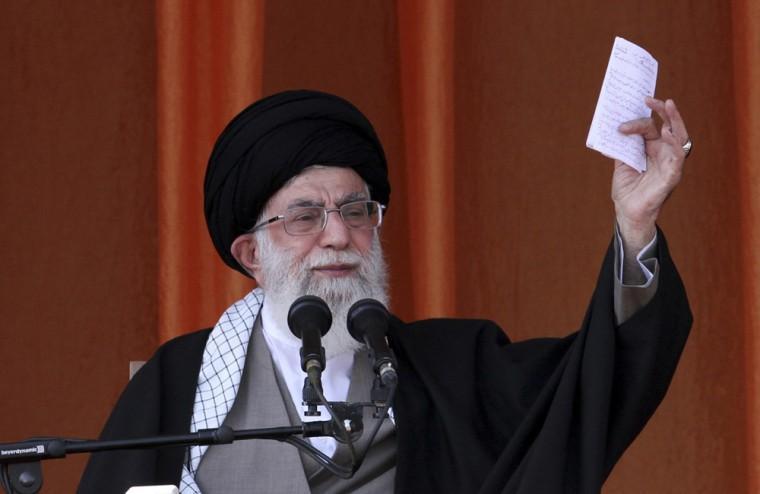The economy isn’t the only important issue this election season, but you might be surprised to hear that.
Polls and pundits around the country have deemed all other issues, especially foreign policy, as minor issues.
An NBC News/Wall Street Journal poll in September found 46 percent of voters ranked the economy as their No. 1 issue. A Reuters/Ipsos poll from April had similar results, with 53 percent of respondents citing the economy and unemployment as their main concern.
Foreign policy received only 6 percent and 3 percent in these polls, respectively.
Despite its relative unimportance with voters, President Barack Obama and Republican candidate Mitt Romney will spend an hour-and-a-half on foreign policy when they take the stage tonight in Florida.
Foreign policy is one of the most important aspects of our government. It is essential in defining our country’s role in the global community, and, as evidenced by the Bush years, it can have a significant impact on the nation’s economy.
Our defense budget is an example of economic policy that is tied to foreign affairs.
Obama’s plan to lower the inflated defense budget by $487 billion over the next 10 years contrasts sharply with Romney’s desire to make military spending 4 percent of the GDP – an increase that will amount to $2 trillion over the next decade.
Our relationships with other countries, such as China, also play a role in shaping our economy.
China’s rising economy is threatening the United States’ position as the leading power in the world and is becoming a contentious issue between the candidates.
Romney has frequently claimed Obama is soft on China, promising to designate the country as a currency manipulator and enact tough trade policies. Obama, however, has cited outsourcing to China by American companies as the crucial economic issue between the two countries.
However, our policies toward the Middle East are, by far, our most notorious and important.
The war in Afghanistan is winding down, but there are still questions about American influence in the region.
Obama’s record in the Middle East has been classified by many as a continuation of Bush policies, but Romney has called for even more aggressive actions throughout this race.
The Republican candidate has repeatedly criticized Obama’s handling of the situations there, especially in Syria and Libya, and has called for more aggressive action against Iran.
With Romney’s desire to increase the military budget and his aggressive rhetoric, it would be wise for those tired of endless military conflict to question whether the Republican candidate’s plan is what’s best for the country.
Still, some of the most important foreign policy issues are those that we may not hear too much about tonight.
Drones have been the primary tool used to fight terrorists under the Obama administration. Yet, if this comes up tonight in the debates, it will probably end with an agreement over their use and small differences.
However, civilian deaths caused by drone strikes and the policy’s potential to aid terrorists in recruiting are issues that need to be debated on the national stage.
The Obama administration‘s policy of classifying any military-aged males killed in a strike as “militants” regardless of accuracy should be debated alone.
I also expect little of the Iran sanctions to be discussed other than Romney saying they aren’t enough.
Economic sanctions against Iran have caused the country’s
currency to plummet by 75 percent in the past year, according to The Guardian, but that is not a statistic that should necessarily be praised.
Sanctions against Iraq in the 1990s led to the deaths of hundred of thousands of children and arguably helped Saddam Hussein
consolidate power.
And it is possible these sanctions can lead to similar results.
With such a broad range of issues on the table, tonight’s debate is as important as any in deciding who is best to lead the nation.





